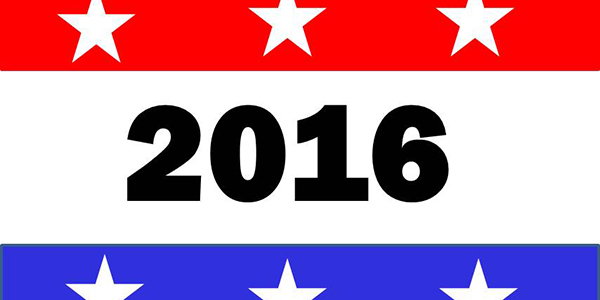As the primary elections tick off, the 2016 presidential campaign is heating up. Big time. After umpteen debates and town hall meetings, it is becoming clear where candidates on both sides stand on immigration, taxation, gun rights, terrorist threats, and healthcare. But we’ve heard little discussion around food and farming policy.
Media outlets and non-profit organizations are beginning to take note. At a time when the consequences of keeping the status quo are becoming more and more evident, issues surrounding our food system—from farm to fork—should be part of every debate and discussion. Mother Jones Correspondent Tom Philpott agrees. In his post entitled “6 Things I Would Ask the Presidential Candidates About Food and Farming,” he provides substantive research, data and commentary to build context around his hard-hitting questions:
- As president, how would you push farm policy to reward soil- and water-friendly farming practices in the heartland?
- How would your administration respond to California’s declining water resources in the context of its central position in our food system?
- How would you act to improve wages and working conditions for the people who feed us?
- Would your administration continue to promote biotech crops around the world and lobby foreign governments to accept them? Why or why not?
- How would your Department of Justice look at consolidation in agricultural markets—and would you consider antitrust action to break them up?
- What’s the proper federal role for convincing people to eat healthier—especially people of limited means?
In his close, Philpott gives a shout out to Food Tank for posting another compelling list of 10 food policy questions.
Huffington Post took a slightly different tack, turning to tweets and on-the-record comments to create summaries of where the candidates stand on food- and farming-related issues. This post reveals that some candidates have a notable lack of public commentary on key issues like use of pesticides and antibiotics, support for new farmers, food safety, GMOs, and use of antibiotics. Others haven taken firm stances on issues surrounding farm subsidies, fair labor practices, junk food, and consumers’ right to know.
Research underscores every step of the conscious eater journey. At such a pivotal time for food and farming, it is important to understand how a vote at the poll might impact policy. Take the time to explore the above posts against each candidates published platform: Ben Carson, Hillary Clinton, Ted Cruz, John Kasich, Bernie Sanders, and Donald Trump. With enough information, you can vote with your head, your heart and your wallet.

